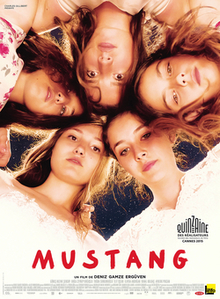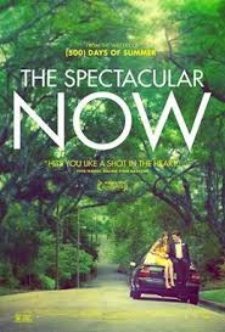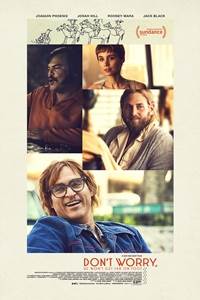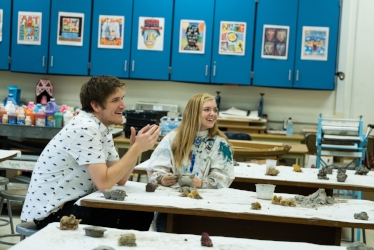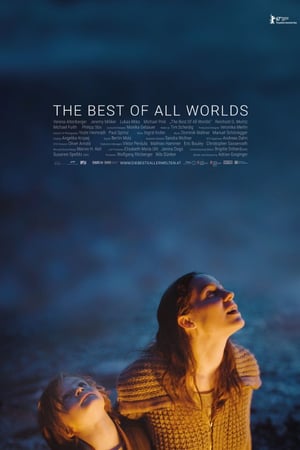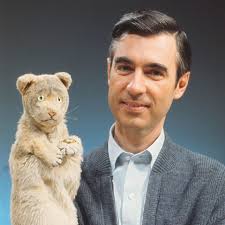‘Gauguin: Voyage to Tahiti’ is an uninspired trip
Directed by: Edouard Deluc
Written by: Edouard Deluc, Etienne Comar, Thomas Lilti, and Sarah Kaminsky, based on the book by Paul Gauguin
Starring: Vincent Cassel and Tuhei Adams
“Gauguin: Voyage to Tahiti” – Paul Gauguin (Vincent Cassel), a French, post-impressionist artist, is living his dream in Tahiti, at least in two respects.
“I paint and draw all day long. I live in harmony with everything around me,” Gauguin exclaims with glee.
Prior to his move, he grew frustrated with France’s most glamorous city in 1891, because of his inability to enjoy a proper work/life balance, a phrase often used in the corporate world in 2018. One night, Gauguin grumbles to his friends that “we spend half our time and all our energy” to make a simple living.
Tahiti represents an escape to his nirvana, and director/co-writer Edouard Deluc offers movie audiences a chance to experience Gauguin’s life in this faraway land, but the painter’s time in paradise grew into difficult internal and personal financial battles. In fact, when looking up struggling artist in the dictionary, it probably includes: see also Paul Gauguin, the Tahiti years.
Unfortunately, Deluc’s film struggles too.
“Gauguin: Voyage to Tahiti” carries a runtime of just 102 minutes, but it feels much longer, as our lead randomly lumbers through jungles, mountains and along coastlines. He tries to establish himself as a contributing resident, but the film offers no real milestones and does not effectively deep dive into the lead’s emotional ascents and descents. We become distant observers to the man’s on-screen events rather than feeling his experiences.
As far as experiencing Tahiti itself, Deluc and cinematographer Pierre Cottereau take full advantage of the natural splendor with a constant barrage of gorgeous set pieces on beaches, near waterfalls and in valleys with palm trees standing close by and lush, green buttes smiling in the distance. Gauguin’s hopes for environmental wonders ring true, which provide him inspiration, and a young Tahitian woman named Tehura (Tuhei Adams) does as well.
He forms a romantic relationship - and an apparent marriage - with her, although their on-screen ceremony seems like playacting, rather than a serious ritual. A majority of the movie features their beats as a couple. She serves as his muse, and Deluc films several scenes with Tehura posing in various ways, while Gauguin enjoys painting images of her on canvas after canvas. Due to their significant age difference, Gauguin – naturally - makes all the important household decisions, and Tehura functions as his quiet subordinate.
Quiet is one of the issues with their formal (or informal) bond, because the film does not really offer substantive discussions between the two. Their relationship goes nowhere, other than to fill space for Gauguin’s craft. Meanwhile, the monetary issues that compromised Gauguin in Paris follow him to the island, in a clear case of no matter where you go, there you are.
Straining to rub two francs together, Gauguin’s attitude and health take expected downturns, and Cassel’s performance conveys the artist’s decline. Cassel is 51 but looks over 65 with a straggly, gray beard, unkempt and greasy streaks of hair and an ever-present film of sweat draped on his loose-fitting clothes. Poverty does not positively contribute to his overall well-being, and he noticeably coughs during the second and third acts. Never a good sign.
“Gauguin: Voyage to Tahiti” truly gives the audience a good sense of this particular artist’s life and accompanying mindset but regrettably, through an uneventful and monotonous narrative. Well, just a portion of his life, because 95 percent of the film is set during Gauguin’s short stay in Tahiti. Actually, Deluc’s choice for a film title is misleading, because we do not see Gauguin’s voyage - by boat - to the Pacific. Hey, this critic felt a little cheated, but then again, watching 102 detached minutes of lackluster, uninspired exertion was a bit worse.
(2/4 stars)
Jeff – a member of the Phoenix Critics Circle – has penned film reviews since 2008 and graduated from ASU’s Walter Cronkite School of Journalism. Follow Jeff and the Phoenix Film Festival on Twitter @MitchFilmCritic and @PhoenixFilmFest, respectively.




